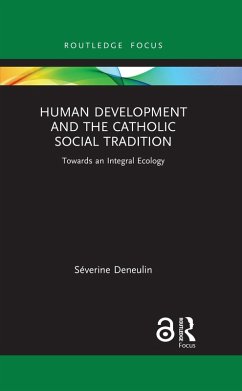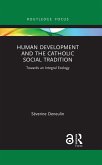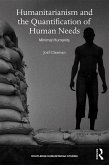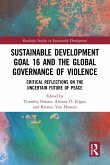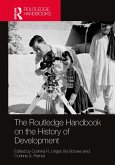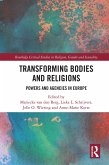Dieser Download kann aus rechtlichen Gründen nur mit Rechnungsadresse in A, B, BG, CY, CZ, D, DK, EW, E, FIN, F, GR, HR, H, IRL, I, LT, L, LR, M, NL, PL, P, R, S, SLO, SK ausgeliefert werden.
"This book brilliantly transposes the thinking of Nobel-prize winning economist, Amartya Sen, with the theology of the Catholic Church on objectives of development, conditions needed for human flourishing, and the place of human beings in the natural world. It suggests many areas of broad agreement, and areas where one could learn from the other, with insightful indications of weaknesses in each approach. Catholic emphasis on seeing the world as integral, with people integrally connected to nature, the economy, and society, is contrasted with the individualism of Sen's writings; while Sen's emphasis on gender equality is contrasted with the marginalization of women in Catholic writings. Both secular students of development and those concerned with evolving Catholic doctrine have a great deal to learn from this excellent book." -- Frances Stewart, Professor Emeritus of Development Economics, University of Oxford, UK
"In her marvellous bridge-building venture, Severine Deneulin shows that Catholic social thought (CST) can be a mediator that both learns from and contributes to development theory. The two frameworks come together in the priority of society's most vulnerable members. Yet, on the one hand, Sen's capability approach repairs obvious shortcomings of CST, especially its premature arrival at universalistic proposals, and its huge blind spot regarding gender inequality. On the other hand, CST presents humanity's inherent relationality as an intrinsic good, and supplies a hope-inspiring language of transcendence, ultimacy, sin, and conversion that will be resonant across religious traditions. Few authors could be as well-prepared as Deneulin to treat these disparate approaches with understanding, balance, nuance, creativity and respect. Her analysis is admirably concise, to the point, and original. The result is a superb and persuasive synthesis of development theory and Catholic social ethics." -- Lisa Sowle Cahill, J. Donald Monan, S.J. Professor of Theology, Boston College, USA

